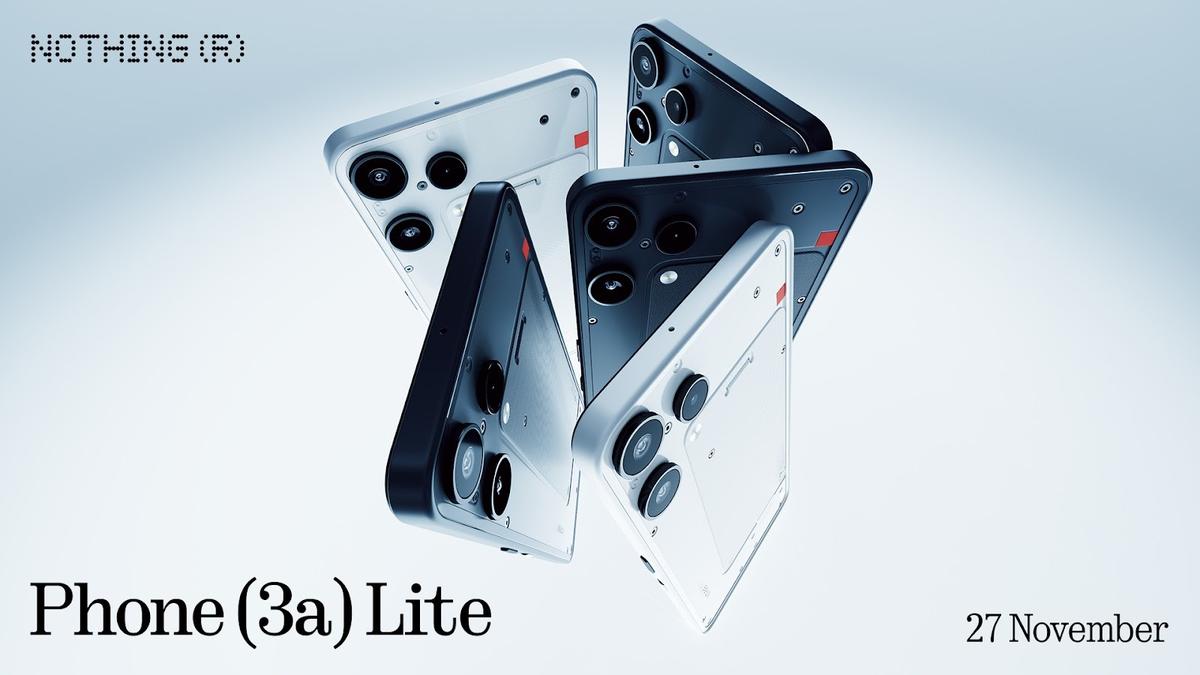Imagine chatting with someone across the globe, seamlessly understanding every word they send, no matter the language they speak. That frustrating dance of copying messages, switching to a translation app, pasting, reading, and then repeating the process for your reply? It could soon become a distant memory for WhatsApp users. Reports swirling around the latest beta version of the popular messaging app suggest a game-changing feature is on the horizon: in-app message translation.
This isn’t just a minor tweak; it’s a fundamental shift that could redefine how billions of people connect. For anyone with friends, family, or colleagues in different linguistic corners of the world, this built-in tool promises to melt away language barriers that often make real connection feel clunky and difficult.
Sources familiar with the development, particularly the keen observers at WABetaInfo who delve into the intricate code of beta updates, point to a message translation feature appearing in WhatsApp beta for Android, specifically version 2.25.12.25. This isn’t a sudden appearance; evidence suggests WhatsApp has been developing this capability quietly since at least July 2024. Now, it seems, they are letting a limited number of beta testers get a first taste of what’s coming.
The really significant part? This translation happens right on your device. Unlike many translation services that send your text to external servers for processing, WhatsApp is designing this feature to work with downloadable language packs. This on-device approach is crucial. It means your messages don’t leave the secure, end-to-end encrypted environment of your chat to be translated. Your private conversations stay private, a core principle for WhatsApp users.
So, how might this work in practice? Based on what beta testers are seeing, you’ll likely find a new option within individual or group chat settings. Here, you can enable message translation for that specific conversation. You’ll select the language you want messages to be translated into. For example, if you’re chatting with a Spanish speaker and you primarily use English, you’d select English as your translation language for that chat. WhatsApp will then prompt you to download the necessary language pack. Once downloaded, incoming messages in Spanish within that chat could automatically appear translated into English for you.
But what about chats where multiple languages are flying around, like a diverse group chat? Reports suggest WhatsApp is also working on a special language pack that can automatically detect the language of an incoming message and translate it. This could be a lifesaver in dynamic group conversations where pinning down a single translation language is impossible.
Beyond automatic translation for a whole chat, beta glimpses also show the option to manually translate individual messages. If automatic translation isn’t enabled for a chat, or if you just need to understand one specific message, you can tap and hold on the message, and a “Translate” option should appear, giving you a quick in-line translation. This flexibility is a smart move, giving users control over when and how translation is applied.
The feature isn’t limited to just private and group chats. It appears WhatsApp plans to extend translation capabilities to Channels as well. This means following updates from organizations, businesses, or individuals in different countries could become much easier, breaking down another barrier to accessing information and content.
It’s worth noting that because the translation is happening on-device using lightweight language packs, the accuracy might not always be as perfect as translations from large, cloud-based services that have vast amounts of data and processing power at their disposal. Think of it as a highly convenient, privacy-focused translation helper rather than a flawless linguistic expert. However, WhatsApp is reportedly building in a feedback mechanism, allowing users to report inaccurate translations to help refine the feature over time, all without sharing the actual message content with Meta.
Accessing and managing the feature seems straightforward in the beta. The translation setting appears within the chat info screen. You can enable or disable it on a per-chat basis and manage the downloaded language packs through WhatsApp’s storage settings, giving you control over space on your device. The feature is disabled by default, so users will need to actively turn it on if they want to use it.
Currently, the initial set of supported languages in the beta includes Spanish, Arabic, Portuguese (Brazil), Hindi, and Russian. This is likely just the starting point, with more languages expected to be added as development continues and the feature moves towards a wider release.
While the appearance in beta is a strong indicator that this feature is progressing, there’s no official word yet on when it will roll out to all WhatsApp users in the stable version of the app. Beta testing allows companies to gather feedback, identify bugs, and refine the user experience before a broader launch. So, while we might not see it tomorrow, the fact that it’s in public beta testing suggests a release to the wider user base could happen in the coming months, following successful testing.
For many, the potential arrival of this translation feature feels significant. It addresses a real pain point for a globally connected user base. Imagine a small business owner using WhatsApp to communicate with suppliers overseas, a student collaborating on a project with international peers, or simply keeping up with relatives who speak a different language. This feature promises to make those interactions smoother, more efficient, and ultimately, more human. It removes a technical hurdle and lets the focus remain on the conversation itself.
The development highlights WhatsApp’s ongoing efforts to improve its platform and make communication easier for its billions of users. By focusing on an on-device solution, they appear to be prioritizing user privacy, a key concern for many in the digital age. While the initial accuracy may have limitations, the convenience and the privacy-preserving design make this a highly anticipated addition. Keep an eye on your WhatsApp updates; the ability to break down language barriers might be arriving sooner than you think.



















